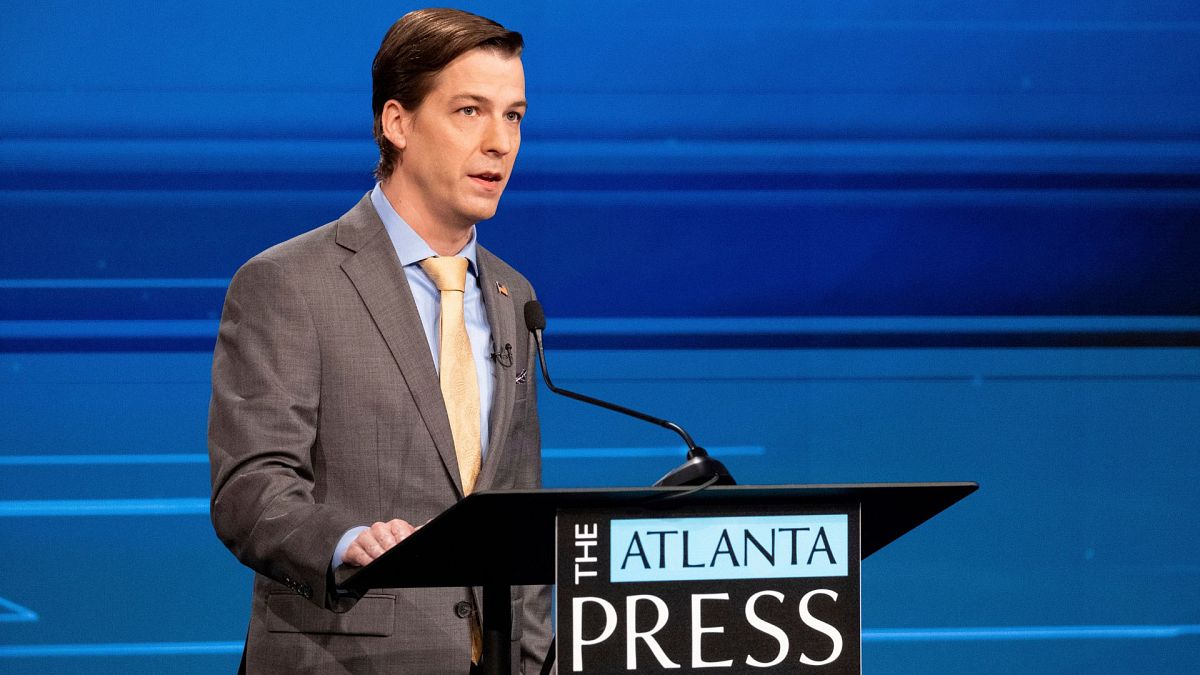In the 2024 US presidential election, third-party and independent candidates are expected to play a crucial role in potentially siphoning off votes from either major candidate in key swing states. While it is highly unlikely that any of these candidates will win the presidency, their presence on the ballot could have a significant impact on the overall outcome of the election. Among the major third-party candidates are Chase Oliver from the Libertarian Party, Jill Stein from the Green Party, and independent candidates RFK Jr. and Cornel West. Each candidate represents different political ideologies and policy platforms that appeal to specific segments of the voting population.
Chase Oliver, representing the Libertarian Party, is focused on rolling back the state and reducing the power of the US federal government. His campaign platform includes policies such as deregulation of businesses, abolition of the Department of Education, and simplification of the immigration process. Oliver’s candidacy may appeal more to Republican voters, potentially drawing support away from the GOP nominee, Donald Trump. While Oliver and his running mate, Mike ter Maat, are not listed on the ballot in every state, they have qualified for 47 state ballots, missing out on Illinois, New York, and Tennessee.
Jill Stein, representing the Green Party, is a progressive candidate with a strong focus on environmentalism and social justice. Stein, who previously ran for the presidency in 2012 and 2016, is known for her vocal criticism of the current administration’s handling of various issues, including the conflict between Palestine and Israel. The Green Party has faced criticisms for potentially impacting Democratic candidates in key states, but leaders argue that they attract disengaged left-wing voters who align with their values. Stein and her running mate, Butch Ware, appear on the ballot in 39 states, including most predicted swing states.
RFK Jr., an independent candidate, gained significant attention for his anti-vaccine conspiracy theories before dropping out of the race. Despite his controversial views, Kennedy’s campaign was initially polling at around 5% nationally. Ultimately, Kennedy decided to endorse Trump and remove his name from the ballot in some states. However, due to missed deadlines, his name remains on 30 ballots, including key swing states like Wisconsin and Michigan. Another notable independent candidate is Cornel West, an academic focused on justice for minorities and wealth redistribution. West and his running mate, Melina Abdullah, are on the ballot in 15 states, including North Carolina and Wisconsin.
As the election approaches, the presence of third-party and independent candidates adds complexity to an already tight race between Democratic nominee Kamala Harris and Republican nominee Donald Trump. While these candidates may not win the presidency, their ability to siphon off votes from either major candidate could have a significant impact on the outcome, especially in closely contested swing states. Each candidate represents diverse political ideologies and policy platforms, appealing to specific segments of the voting population. The role of third-party and independent candidates in shaping the results of the 2024 US presidential election remains to be seen.










